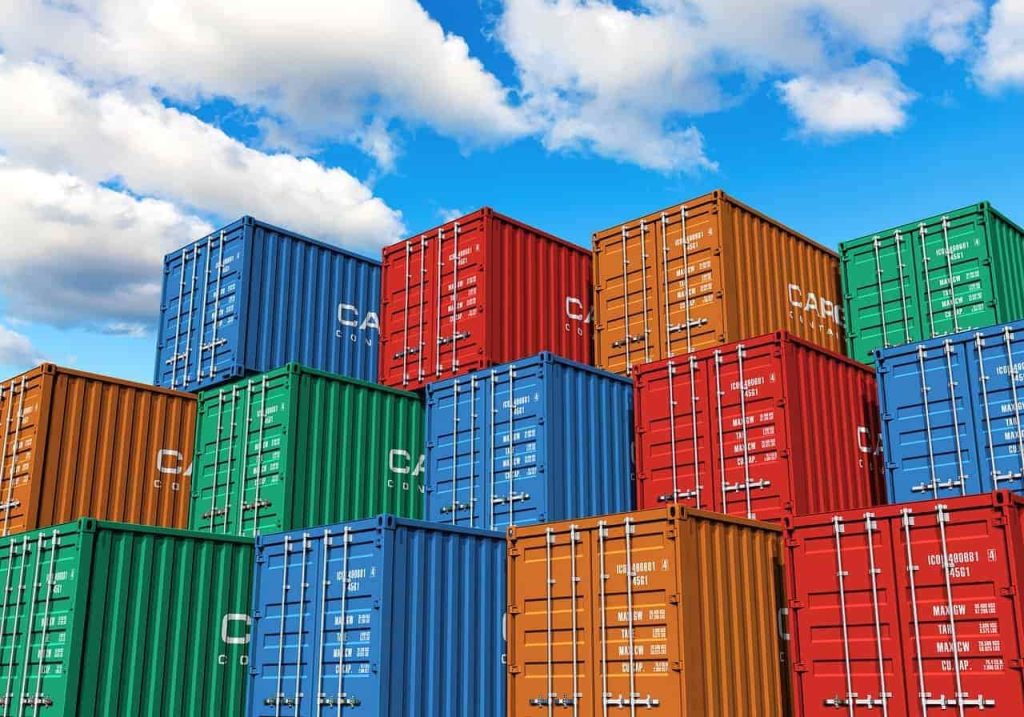Vision 2030 and significant expenditures in infrastructure, technology, and sustainability are helping Saudi Arabia become a major logistics centre. Logistics is essential for connecting regional and international trade as the Kingdom works to diversify its economy. The most significant logistical changes that will define the Saudi logistics sector in 2025 are listed below.
1. Intelligent logistics employing machine learning and artificial intelligence
The logistics planning and execution are being transformed by artificial intelligence. To minimize costs, enhance delivery times, and foresee disruptions, Saudi logistics businesses are utilizing AI in a variety of applications, including predictive analytics and route optimization. Autonomous vehicle trials and warehouses run by artificial intelligence are becoming more prevalent.
2. Increasing the infrastructure for e-commerce fulfillment
A growth in fulfillment centers throughout Riyadh, Jeddah, and Dammam is being fueled by the explosion of e-commerce, which is being driven by platforms like Noon, Amazon.sa, and local players. Drones, smart lockers, and other last-mile delivery solutions are increasingly becoming important competitive differentiators.
3. NEOM and the Growth of Hyper-Connected Supply Chains
Next-generation logistics are at the core of mega-projects like NEOM. These futuristic cities will serve as testbeds for supply chain innovation since they will depend on the seamless integration of smart ports, high speed trains, and autonomous delivery systems.
4. Initiatives for Sustainable Development and Green Logistics
Saudi logistics businesses are moving toward more environmentally friendly operations due to ESG objectives and environmental legislation. Solar-powered warehouses, carbon monitoring, and electric vehicles are becoming more popular. The Public Investment Fund (PIF) supports new businesses in environmentally friendly logistics.
5. Blockchain Integration and Digitalization
Saudi Arabia is implementing blockchain technology to increase the transparency and traceability of its cargo movements. Paperless customs, real-time shipment tracking, and secure data sharing are becoming industry standards, particularly in port operations like those at Jeddah Islamic Port and King Abdulaziz Port.
6. The Development of Free Zones and Logistics Parks
The Integrated Logistics Bonded Zone (ILBZ) near Riyadh Airport is one of the new logistical hubs that are drawing foreign investment. These zones increase the Kingdom’s competitiveness in international commerce by providing multimodal connectivity, streamlined customs, and tax benefits.
7. The growth of multimodal transportation systems
Saudi Arabia is making significant investments in rail and air freight in order to lessen its reliance on road transportation. The Saudi Landbridge railway and developments at King Khalid International Airport are essential elements of a multimodal logistics infrastructure.
8. Superior warehouse automation
With the introduction of robotics, IoT-enabled inventory management, and automated storage and retrieval systems (AS/RS), warehouses are becoming more efficient centers. The automation revolution is being spearheaded by businesses like Aramex and SAL.
9. Saudization and Talent Development
To satisfy the demands of this expanding sector, the logistics industry is making significant investments in domestic labor. There is a growing emphasis on Saudization in technical and managerial positions, with more training facilities and university collaborations.
10. Changes in geopolitics and trade diversification
In the midst of increasing geopolitical tensions and changing trading routes, Saudi Arabia is establishing itself as a neutral, dependable logistics hub connecting Asia, Africa, and Europe. This strategic goal is being supported by investments in port infrastructure and regional trade treaties.


